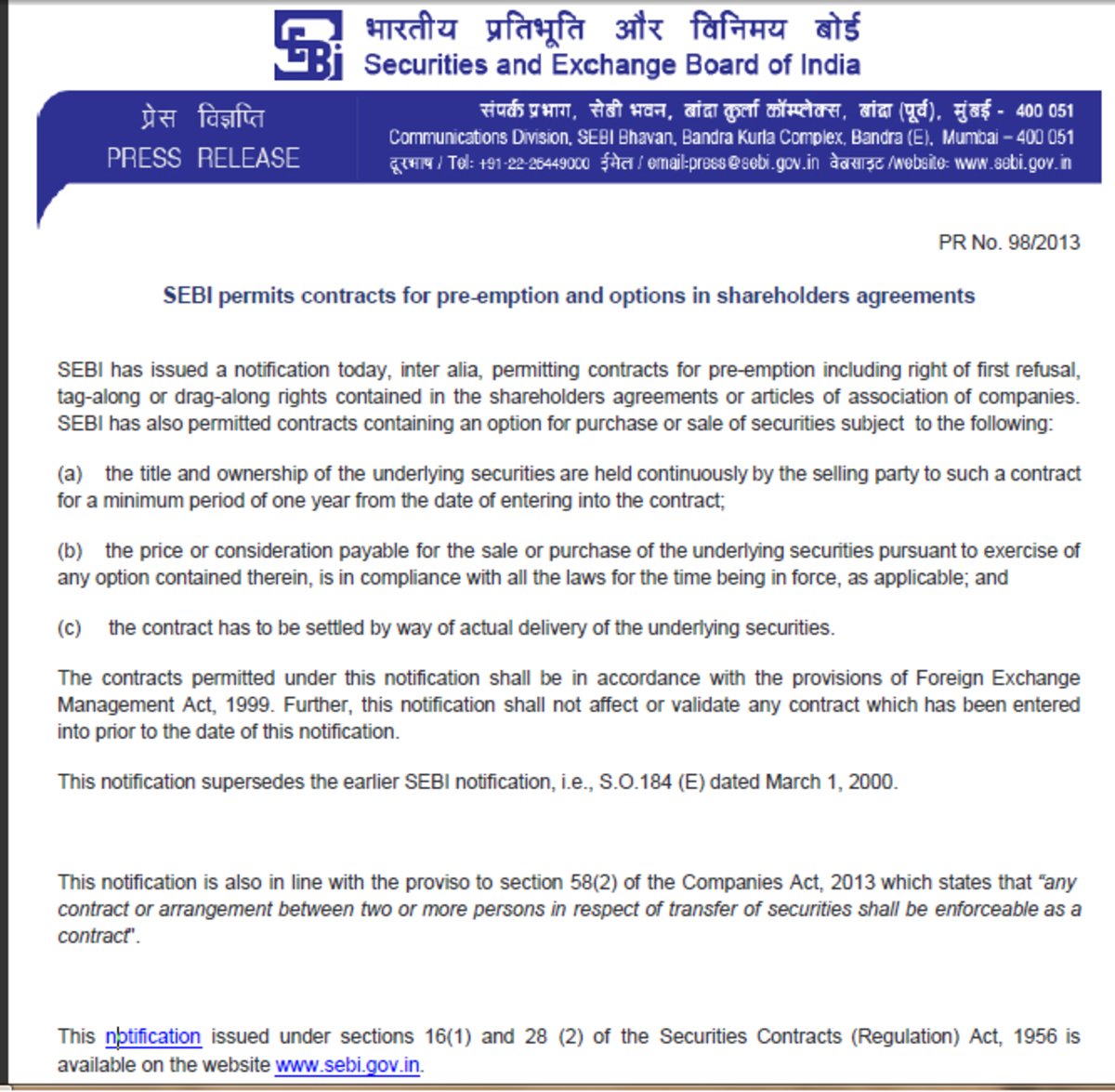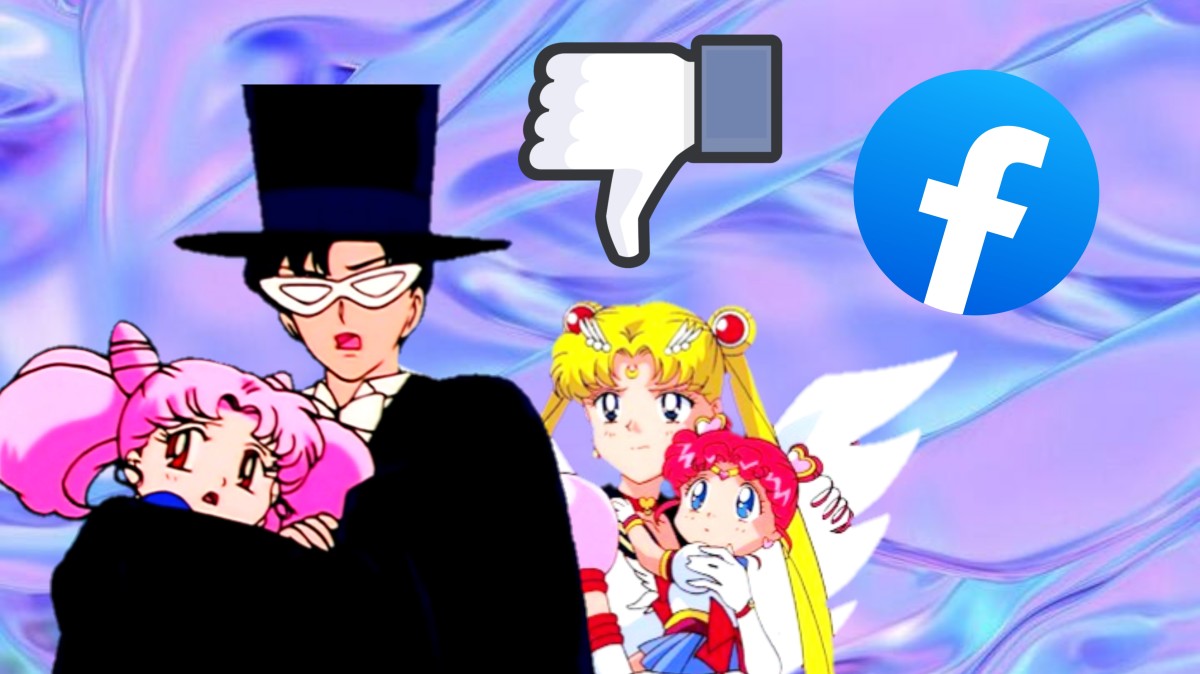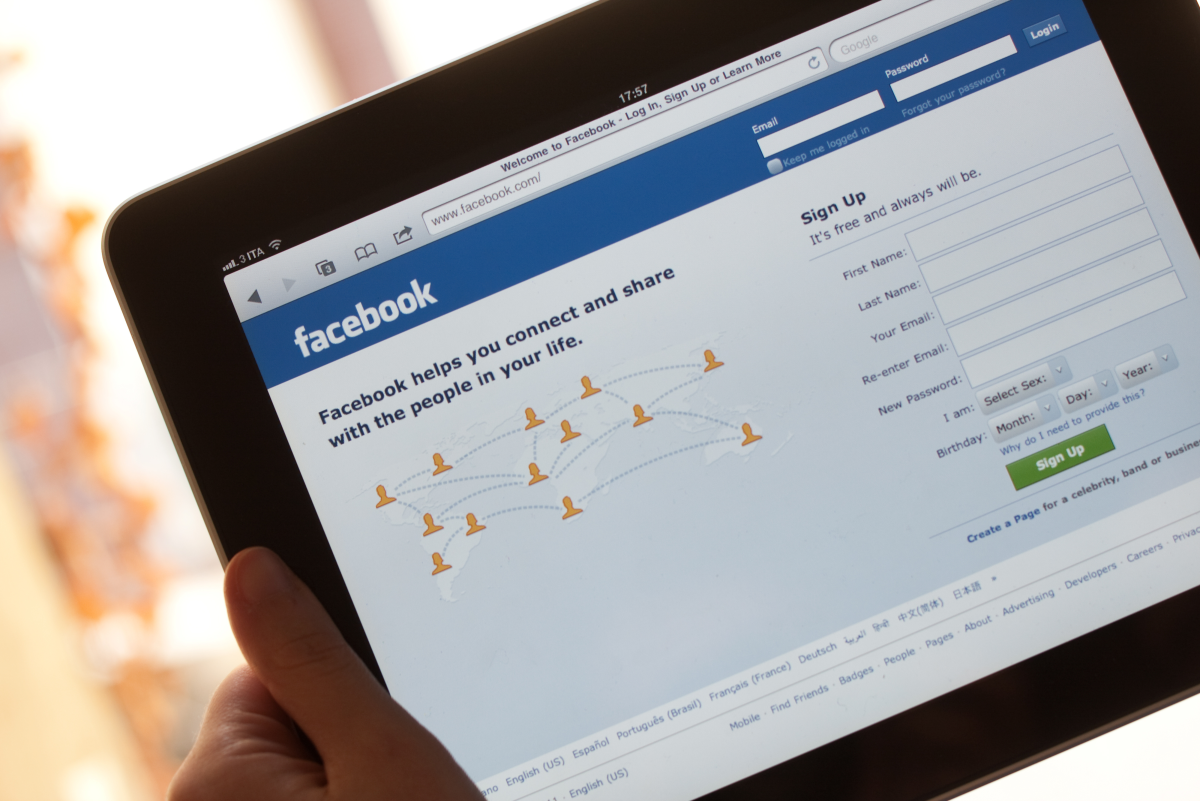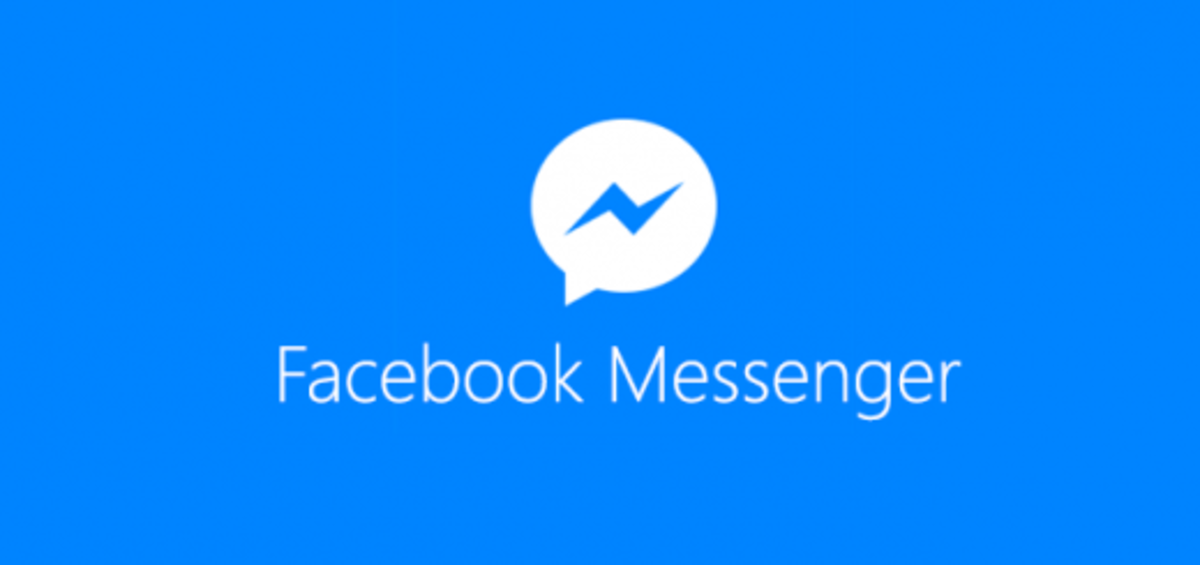- HubPages»
- Technology»
- Internet & the Web»
- Social Networking
Are Facebook Shares a Good Investment? - Updated 28th July 2012
Update - 28th July 2012
After disappointing first quarter results, Facebook's shares have nose dived again, this time falling to $23.70. So does that mean they are now a bargain?
I wouldn't bet on it. There have been some worrying statistics about Facebook usage that has been coming out recently, one of which was the fact that more than a third of Facebook regulars say they are spending considerably less time on the site than last year. And this at a time when Google Plus is starting to get some good growth and usage results (not to mention being the best internet brand in an American Customer Satisfaction survey recently). If Google Plus starts to take chunk out of Facebook's user base, Facebook's share price will do a sky dive of epic proportions.
Another reason to at least hold off investing is discussed in this article from the LA Times. The gist is that there are various clauses preventing employees from selling their shares around the time of the IPO to avoid depressing the share price. These shares are all due to expire in the next few months, and hundreds of millions of shares could be sold, pushing the price down still further. Recent IPO's such as Groupon have seen a 10% fall due to employee share sales immediately after no-selling clauses expire. The clauses are all up over the next few months, culimnating in a potential massive sell off in November by employees (1.2 billion shares will be freed up for sale, much more than the entire number on the market at the moment. Most won't be sold, but if a sizeable chunk are...).
Time to Share in Facebook's success?
For years, we’ve all been hearing about the meteoric rise of Facebook, and how it has been making its founders and early investors unbelievably rich. Until now, most people haven’t been able to get in on the action because Facebook was a private company. That has all changed however, as Facebook offers its shares to the general public for the first time, in the most hotly anticipated IPO since Google back in 2004. People can now buy shares from their local (or online) broker. But is Facebook worth investing in?

How much are Facebook shares?
Almost all companies are worth investing in, it’s just a question of price. Too expensive, and it may be a bad investment, but if it represents good value then it’s a worthwhile investment. So what is the price? Well, shares in Facebook began trading at $38 per share, which raised about $18bn for the company, and valued it at just over $100bn. The price went up just after trading started, to $42 before falling back to just abov th flotation price of $38 by the end of the day.
On the following Monday, the next day the market was open, the price dropped 12% to around $33-34 by early afternoon, casting significant doubts over the company. As markets closed on 1st June, Facebook's share price had fallen 30% from its IPO price, to 27.92.
Check out the latest Facebook share price.
It's all About the Profits
Ultimately, the value of a company is all about the profit it can generate. Taking 12 months worth of figures, Facebook made earnings, or profits of about $1 billion dollars. This may seem like a lot, but compared to the valuation of the company it is tiny. One of Facebook's key challenges is whether it can grow its earnings to match up to it's valuation. It's IPO price gives a price earnings (P/E) ratio of 100. That valuing it at 100 times its profits, almost unheard of (except in technology and internet businesses anyway). In comparison, here’s the price/earnings ratio of some of the top tech companies:
Apple: 12.9 (Highest this has been in last 5 years is 39.4)
Google: 18.9 (Highest over 5 years is 56.2)
Yahoo: 16.9 (5 year high: 104.3)
Microsoft: 10.8 (5 year high: 22.2)
These figures are of course those of companies that have been long established and public companies for a long time. It gives you a good idea of the sort of level to which the Facebook P/E ratio is likely to be in a couple of years time. To get to those figures, Facebook either has to have a tenfold increase in earnings/profits, or the price has to come down a long, long way!
The most similar company to Facebook in many ways is Google. At its IPO in 2004, Google had a P/E ratio of around 80-85. However that was on the back of soaring earnings growth of the previous couple of years. Facebook’s earnings growth is not that spectacular, in fact earnings growth has been slowing considerably recently.
Facebook's Key Challenges
Facebook's biggest challenge is whether it can grow it's earnings. Currently about 80% of its earnings is from advertising revenue, and this is where most of the growth in profits is going to have to come from. However there are serious question marks about its ability to deliver the value that advertisers require. Here's a several facts that came to light in the week leading up to the IPO:
- 44% of Facebook users say that they have never clicked on an ad and never intend to.
- General Motors announced it is pulling it's $10m advertising spend from Facebook to spend elsewhere (though it is still using Facebook as part of its marketing efforts).
- Facebook only makes income (revenue, not profit) of about $5 per user per year.
If it is to grow its profits it must provide real value to investors, and get them spending more, and it must find more ways to earn money from its vast user base.
Another big challenge for Facebook is to start making money in the mobile market. More than half of its 900 million members use Facebook on a mobile phone, 83 million of which only access Facebook via mobile. The company has admitted recently that it doesn't make any meaningful income from mobile. As there is a steady shift to increased mobile usage, it needs to start earning money from it's mobile site and app.
The other big challenge for Facebook is growing its user base outside its heartland of North America and Europe. In these two continents, 50-60% of internet users are Facebook users, which is perhaps close to saturation point, so user growth will have to come from elsewhere. Over 4.3 billion people live in Asia, and yet only 212 million people, or 5%, use Facebook. Close to zero percent use it in China, the world's most populous country, as it is banned there, and in India there is stiff competition from established services like Google's Orkut. The rest of the world isn't much better: of the 2 billion people who live outside of Asia, North America and Asia, only 225 million people use the service, or 11%.
What is Facebook considered such a hot prospect then?
Put simply, Facebook has 900 million members, a fairly large proportion of the world's internet users. If it can monetise its user base, then the upside is huge. The global advertising market is currently $1 trillion, of which $200 billion is online. This is a massive market, and the online side is undoubtedly growing. Google has effectively mined the internet for this vast advertising wealth, and become one of the biggest, most influential and most profitable companies in the world. Facebook essentially hopes to emulate, if not, exceed, Google's example. The information it holds about its users, their likes, dislikes, income, friends and so on is a gold mine for advertisers. It just has to figure out how to get people clicking on its ads.
One commentator, suggested a key advantage for Facebook is that even people who dislike the service can't stay away. This is partly because of powerful network effects - all of their friends and contacts are on Facebook. If it can withstand grumblings and keep its vast user base, then it has time to figure out how to monetise it.
Don't Forget Myspace
Facebook has an air of the unassailable about it, but that is not always certain to be the case. The best example is MySpace - it was once the darling of the internet, destined to reach the stratospheric heights that Facebook did instead. At its height, it was valued at $12 billion, and was the most visited website in the USA, ahead of Google. It also had an 80% share of the social networking market, with Facebook trailing in second place with a pitiful 7%. In June 2011 it was a shadow of its former self and was sold for $35 million.
This just goes to show how easily a hot web destination can fall from grace. It is also worth noting that it is suggested that one of the key reasons for its decline was that it had too many adverts on the site, compared with Facebook's clean, simple and ad-free design (hardly something that can be said today!).
What competitors are there at the moment you might ask? Well, the only significant one with the ability to hurt Facebook at the moment is Google Plus. It has been a rocky start for Google's new social network, but has amassed well over 100 million users now, and with Google's financial clout and overwhelming web presence (Google.com is by far the hottest advertising spot on the internet and Google can use it for free anytime), Google Plus is going to be snapping at Facebook's heals for a while yet.
The biggest risk however is from an as yet unknown startup (or relative newbie like Pinterest), which comes from nowhere and becomes the new 'next big thing' generating excitement, much as Facebook has for several years now, and Google before it. It could well be in the mobile space, as this is a big growth area which no one is really dominating yet, not from a social networking perspective anyway.
Articles about other Social Networks
- Don't like Facebook? Alternative Social Networking S...
If you don't like Facebook then there are plenty of alternative social networks out there. This article looks at a few of them, including the new kid on the block, Google Plus. - What are the Most Popular Social Network Sites?
A look at how popular is Facebook, and the popularity of other social networks, based on a number of different factors such as active users, time spent on site and unique monthly visitors. - A look at Pinterest - The Hot New Social Network
A quick look at Pinterest, what it's like and whether it's any good. Also, how to sign up and how to get the most out of the site.
Other Risks for Facebook
Facebook has many critics, mainly of its privacy policy - a class action lawsuit has recently begun in the USA suing Facebook for $15 billion over this issue. This is only one of a number of ongoing lawsuits. By its very nature it holds an enormous amount of information on people, so it has to be very careful about this in the future. This is a big risk area, not just for the potential financial penalties, but in case it turns the tide of public opinion.
Another big risk is what could be called the 'public company syndrome'. While it remains a private company, it doesn't need to worry too much about earnings figures, and how much it is making. If it is growing, then venture capitalists and angel investors are usually quite patient. Once it goes public however, there are earnings calls, profit forecasts to meet (or exceed), and this puts huge pressure on the company. If earnings fall or tail off over 2 or 3 successive quarters, then the share price could start to nose dive. This becomes a big news story that can hurt the company (certainly for high profile stock like Facebook), and can start to see key employees drifting away to other companies, or start their own rival companies. Many employees are remunerated heavily in stock options, so a falling share price is not something they'll take kindly to.
Facebook investment poll
Do you think Facebook is a good investment?
The Verdict
I leave you mostly to draw your own conclusions, but just with one or two final thoughts. Buying Facebook shares, at the price it is at, is a risk. For that risk, you want a significant upside, in the form of big increases in share price. To get to that level however, Facebook has a long way to go - it must prove that it can grow advertising revenue and take is place as one of the technology giants alongside Google, Microsoft and Apple. Remember the Price/Earnings ratio - assuming in a couple of years its P/E ration drops to the 10-20 level of the three aforementioned tech giants. To do that and maintain its current share price, Facebook must grow its revenues five-fold if not more.
Many fund managers and large corporate investors are operating a 'wait and see' policy, holding off diving in for now. That seems like a sensible idea to me.
- The 3 Biggest Threats to Facebook and its dominance in Social Networking
Facebook is currently at the undisputed leader in the world of social networking, but could it be toppled, and if so what are the the threats to look out for? This article sets out three of the major threats to watch out for.








